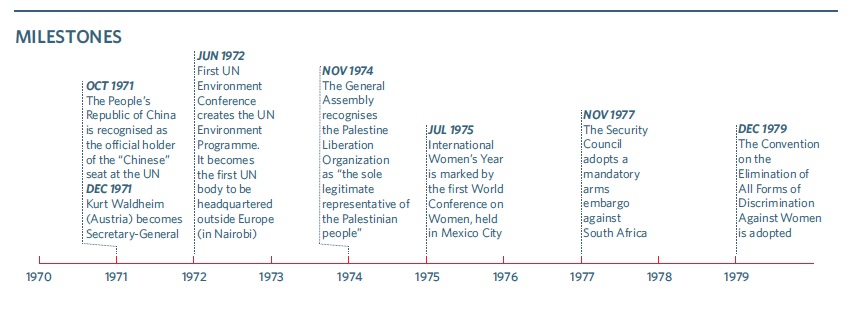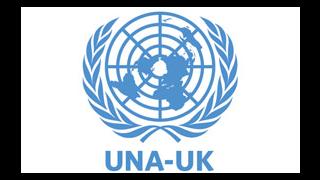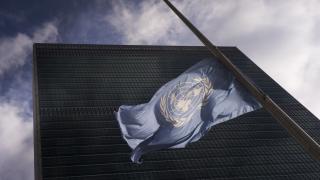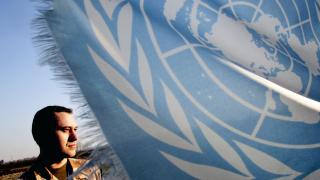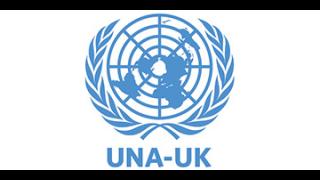
I was scared of being vaccinated then. It looked like the shot hurt. Now when I meet parents who refuse to give their children the polio vaccine, I tell them my story. I tell them how important these vaccines are. I tell them not to do something foolish like me*
When the UN was founded, smallpox was one of the world’s biggest killers, ranking alongside malaria and tuberculosis. It claimed some two million lives a year in Africa, Asia and Latin America, with five times as many people infected.
In 1966, the World Health Organization (WHO) launched a Smallpox Eradication Programme – a mass vaccination campaign using new technology, freeze-dried vaccines, to allow for longer storage and transportation. As the WHO had only 150 professionals to dedicate to some 50 countries, it built strong partnerships with governments and local people, enlisting their support not just for the process of vaccination, but also in how best to reach remote and reluctant communities.
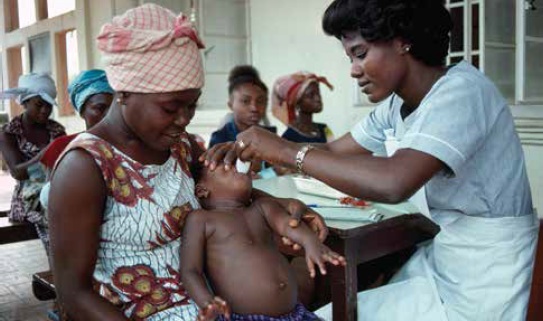
By the early 1970s, smallpox was in retreat. The WHO embarked on a surveillance containment strategy, sending flying squad teams where cases were discovered. In 1975, just three countries still had cases: Bangladesh, India and Ethiopia. When the last cases were finally reported, it was discovered that nomads had carried the disease from Ethiopia to Somalia, where an epidemic broke out.
Ali Maow Maalin was the last person in the world to be infected with naturally occurring smallpox. In 1977, he was 23 and working as a hospital cook near Mogadishu, supporting the smallpox containment effort. He caught the disease whilst driving an infected family to a clinic.
He was initially diagnosed with chickenpox, as all staff had received a smallpox vaccination. But fearful of the shot, Maalin had only pretended to be vaccinated. As a result, he was sent home and came into contact with 91 people, leading the WHO to undertake a massive intervention to prevent the disease from re-spreading. Three years later, Somalia, and the world, were smallpox-free. The WHO intervention cost about $300m, the equivalent of three fighter bombers at the time. It has saved an estimated $2bn a year.
After recovering, Maalin dedicated his life to battling polio, working in some of the most unstable areas in Somalia. In 2004, he officially became a polio vaccinator, going door-to-door convincing families the vaccine was safe. According to Dr Debesay Mulugeta of WHO Somalia, Maalin would say: “I’m the last smallpox case in the world. I want to help ensure my country will not be last in stopping polio.” Somalia was declared polio-free in 2007. Worldwide, polio was endemic to just three countries at that time: Afghanistan, Nigeria and Pakistan.
In 2013, Maalin died of malaria, aged 59. World health leaders praised him as an “inspiration”. Later that year, polio resurfaced in Somalia and Syria.
*Ali Maow Maalin story and quotes – “Polio: a fight in a lawless land”, Boston Globe, 27 February 2006, and www.who.int
Photo: UN Photo/B Wolff
